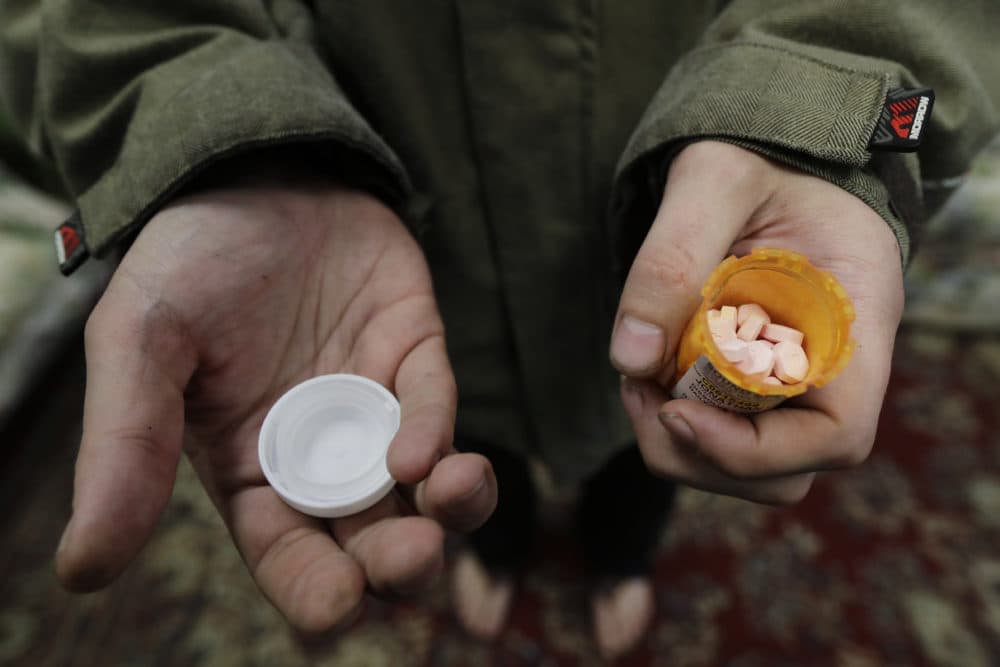Advertisement
Study: Meds Reduce Risk For Those Addicted To Opioids Better Than Therapy, Other Treatments

New research was released Wednesday supporting the use of medication to treat opioid addiction.
A study of more than 40,000 people diagnosed with an opioid use disorder found that those who used buprenorphine or methadone had a reduced risk of overdose and opioid-related hospitalizations when compared to five other possibilities. Those included no treatment, office-based counseling, inpatient programs, intensive outpatient services and naltrexone, the drug that blocks opioid receptors.
Weekly counseling was the most common type of addiction treatment even though it was not as effective as the two medications. Only 12.5% of patients were prescribed the treatment with the best results.
“If we’re talking about what helps people stay alive and stay healthy,” said study co-author Dr. Sarah Wakeman, addiction specialist at Massachusetts General Hospital, “the only treatment that was associated with protection from all of these bad outcomes was treatment with methadone or buprenorphine.”
The study, out in JAMA Network Open, looked at insurance claims for patients identified with an opioid use disorder between 2015-2017.
Three months after an opioid use disorder diagnosis, those treated with buprenorphine or methadone had a 76% lower risk of overdose. At 12 months, researchers found a 59% lower risk. Patients taking one of these two medications also had a 32% reduction in acute medical care related to opioid use at three months — and 26% reduction at 12 months — when compared with no treatment.
Both naltrexone and intensive behavioral health services had a higher rate of admission to detoxification treatment three months after an opioid use disorder diagnosis.
The study recommended expanded coverage of buprenorphine and methadone without restrictions on use, such as insurance requirements for prior authorization or limits on the length of prescriptions.
“It’s simply not good care and also quite foolish to not do everything we can to make sure that people have access to the gold standard treatment, which is methadone or buprenorphine,” Wakeman said.
The study is believed to be one of the largest assessments of addiction treatment using real insurance claims.

